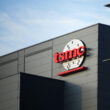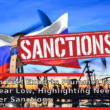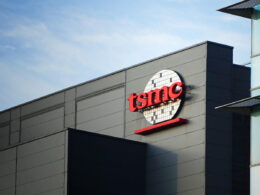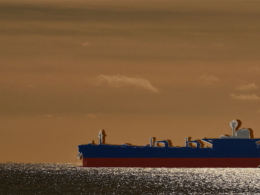Novatek is compelled to reduce output at its largest liquefied gas production facility in Russia due to a lack of buyers and new restrictions.
The largest liquefied natural gas project in Russia, Arctic LNG-2, being implemented by Novatek, has halted operations following the introduction of a new round of American sanctions. The plant, which cost $25 billion and took nearly 10 years to build, is facing difficulties in finding buyers for its gas, resulting in unsold stockpiles accumulating at the facility. In October, Novatek reduced gas production to 5.3 million cubic meters per day, which is more than twice lower than the September level of 12.1 million cubic meters per day.
Commercial liquefaction of gas at the plant has stopped, continuing only operations necessary to maintain its technical condition. Since August, Arctic LNG-2 has shipped eight batches of liquefied natural gas, but none of them have been sold, even despite discounts of up to 40% off market prices. Fearing sanctions, buyers are avoiding tankers associated with the project, as eight vessels linked to Arctic LNG-2 were added to the U.S. blacklist in August.
Following the introduction of American restrictions last year, foreign shareholders ceased their participation. Subsequently, the U.S. intensified sanctions against Novatek, leading to a ban on any operations for all its projects. U.S. Assistant Secretary of Energy Geoffrey Pyatt warned that this is not the end of the sanctions policy: “We are closely monitoring Russian shipments that are subject to restrictions, and the Biden administration will continue to tighten the screws on Russian LNG exports.”
According to the plan, Arctic LNG-2 was supposed to produce 19.8 million tons of LNG annually from three technological lines. The first line was launched in August 2023, but it has been unable to sell its products. The construction of the third line has been postponed from 2026 to 2028. The U.S. continues to monitor compliance with sanctions regarding the export of Russian liquefied natural gas, seeking to reduce the revenues that Moscow receives from energy resources and uses to continue the war in Ukraine.








